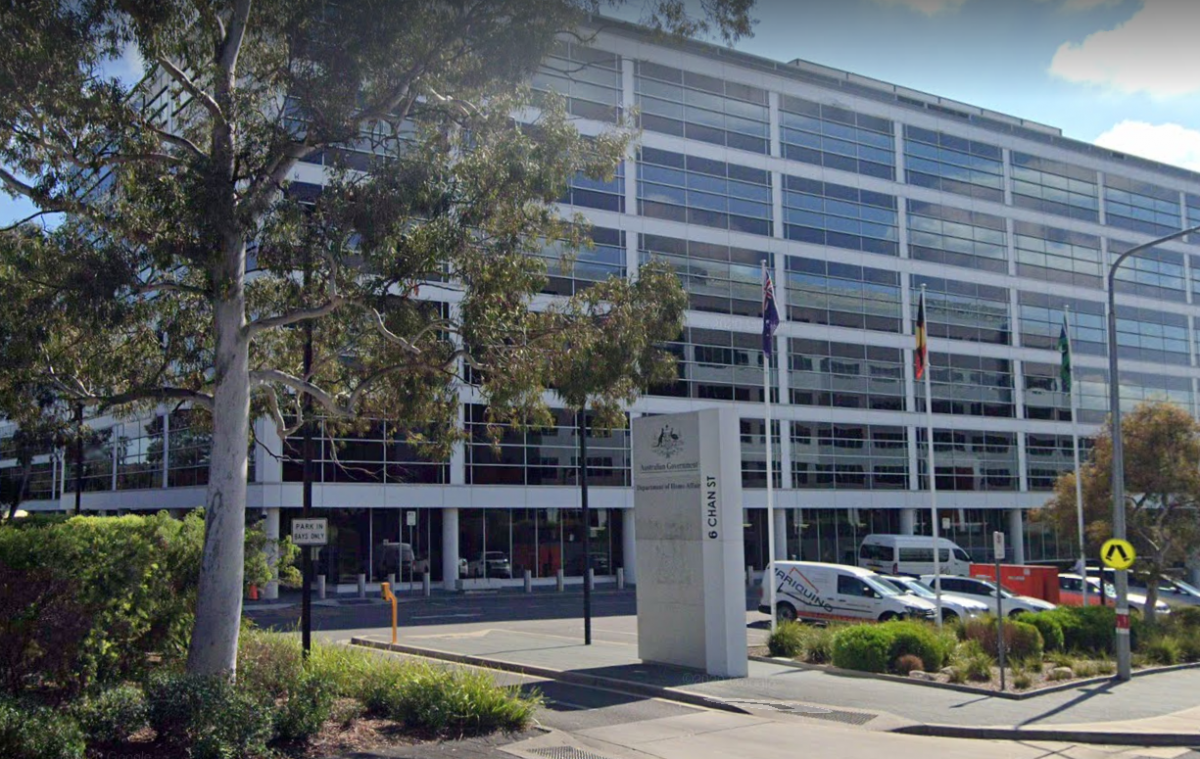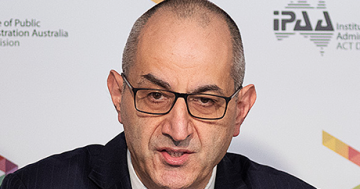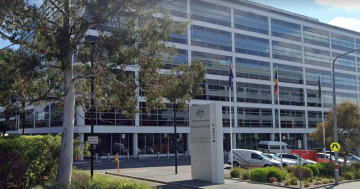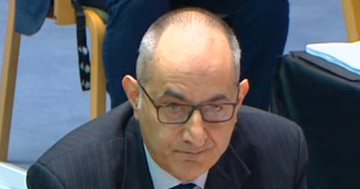
A capability review of the Department of Home Affairs has just been published. Photo: Google.
The Department of Home Affairs needs to develop and articulate a new purpose and strategic direction if it is to move forward as a unified enterprise in its post-Pezzullo era.
That’s one strong message from a capability review into the department, published on Friday (24 May) by the Australian Public Service Commission.
Capability reviews are being conducted on all government departments and major agencies as part of the Federal Government’s APS Reform Agenda.
The independent reviews are meant to be forward-looking to assess an agency’s ability to meet future challenges.
Departmental staff and leaders and numerous internal and external stakeholders, including other government agencies, are interviewed during the process.
The reviews highlight organisational capability gaps and identify opportunities to address them.
The review of Home Affairs accepts there is a shift taking place to improve overall culture, but a great deal remains to be done.
While reviewers praise the department’s “dedicated workforce that is highly mission focused” and committed to their tasks, they also stress that too much work is done in isolation, with a scattered approach to collaboration.
“Many individual units appear to have a common sense of the direction and priorities for their individual work area … however, a sense of the broader departmental direction and strategy remains less apparent,” the report states.
“One internal stakeholder said, ‘Part of the problem is that we are so diverse that we don’t have a single North Star we work towards. Everyone works in their own silos to an extent’.
“This view was repeated by other stakeholders, including other government agencies that felt they needed to engage with multiple parts of the department to ensure a message or an issue was appropriately shared.
“Siloed operations contribute to the department not delivering a cohesive future-focused strategy and set of priorities for the organisation.
“This was well described by one external stakeholder who said ‘they lack strategic foresight. Where is the part of the department that says, this is what’s coming and how do we get in front of it?’
“While the department is responsive to specific directions set by government and reacts to crises, this sometimes comes at the expense of a focus on the broader strategic direction, to ensure it can meet the challenges of the future irrespective of the government of the day.”
The review discusses the “previous command and control leadership style” without mentioning former secretary Mike Pezzullo, who was dismissed over integrity breaches that involved power-broking attempts to influence ministerial appointments.
The review says the previous leadership style has not encouraged leaders to collaborate and prioritise whole-of-department strategy setting and execution.
But it suggested there remained a business-as-usual approach to strategy that wasn’t effective.
“Without a clear and cohesive strategy, the department is poorly positioned to foresee, plan and prepare for future challenges and opportunities,” the report said.
“Without change, the focus will remain on responding to the crisis of the day rather than balancing leadership effort between reacting to issues and identifying and mitigating future risks.
“The review saw little evidence of existing approaches to resolve this lack of enterprise-level strategy setting and execution.
“New collective whole-of-department governance arrangements will be important in driving this work forward.”
One of the strongest criticisms, however, concerned integrity. The report noted that the department has a considerable challenge to improve its image.
“Integrity will remain an area for attention. The department’s integrity framework is not always working as needed,” it said.
“There has also been a heightened focus on integrity matters due to a very public integrity failure at the highest level, which may have affected public and staff perceptions of the department’s integrity.
“It may also lead to staff questioning the use and effectiveness of the current integrity framework … Steps to improve integrity can be easily undermined. The absence of clear communications, persistent role modelling by leaders and being an integrated part of the transformation agenda can rapidly unravel improvements in this area.
“To uphold the high standards of APS professionalism, the department’s approach to integrity needs to mature from being managed as a compliance process to being a culture of integrity, relevant to all staff and through all areas of their work.”
To move forward as a “unified enterprise”, reviewers said, the department needs to develop and articulate a new purpose and strategic direction that considers the challenges and opportunities ahead and emphasises the need for staff to work together.
The department’s new Secretary, Stephanie Foster, accepted the recommendations of the review and committed to taking concrete action to address them.
“While much remains to be done, it was heartening that the review identified and acknowledged the recent positive shift in our culture,” she said in response to the report.
Original Article published by Chris Johnson on Riotact.










